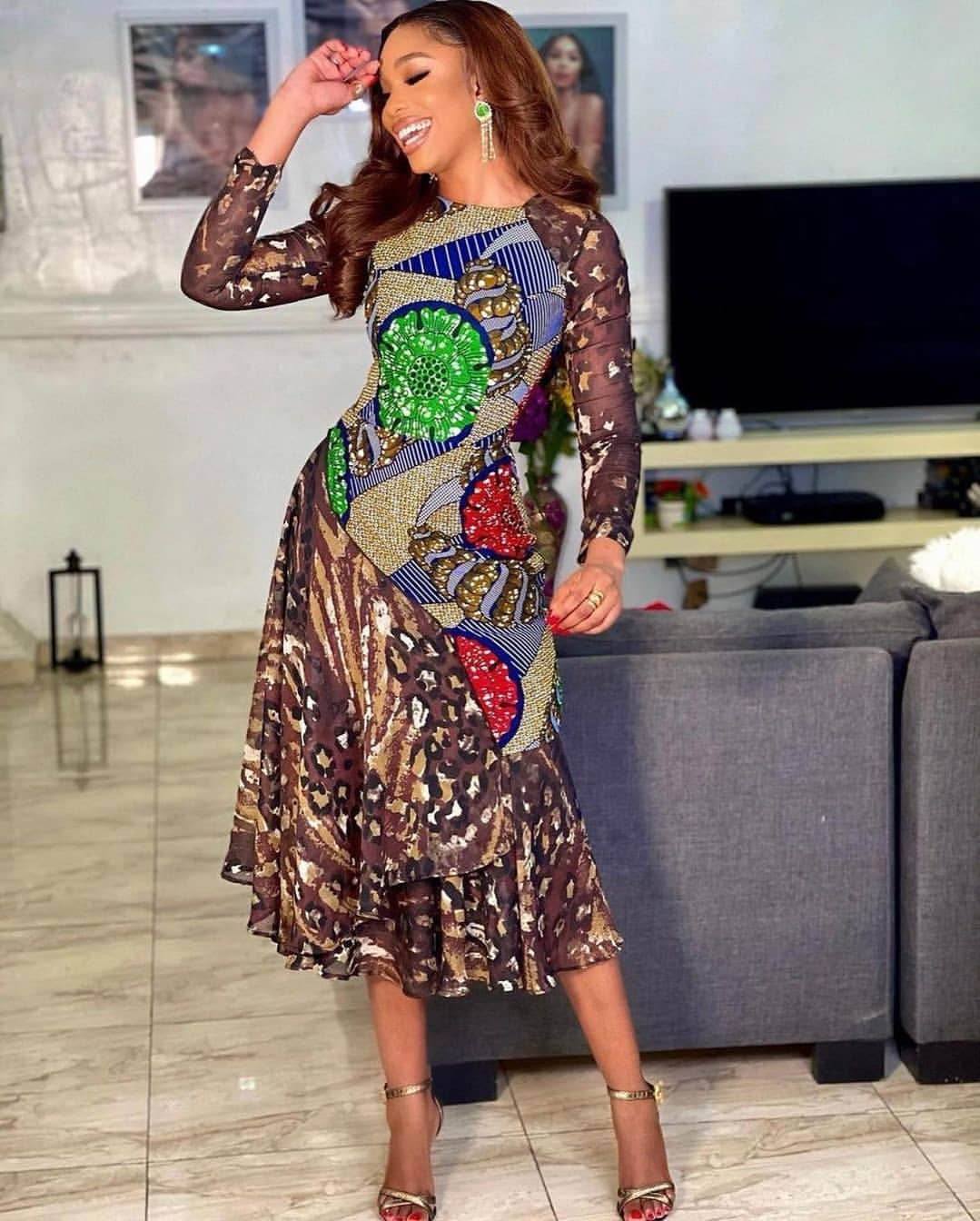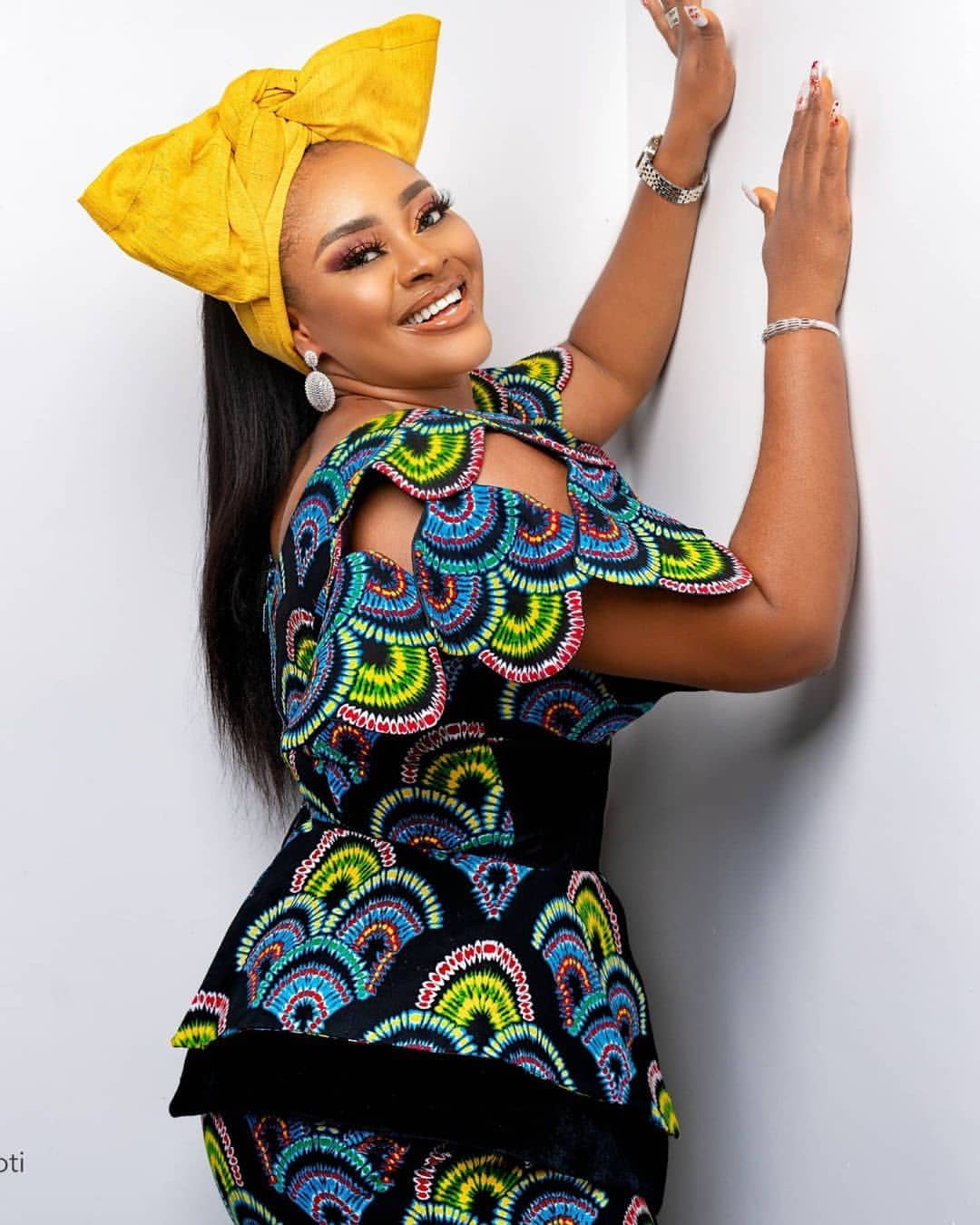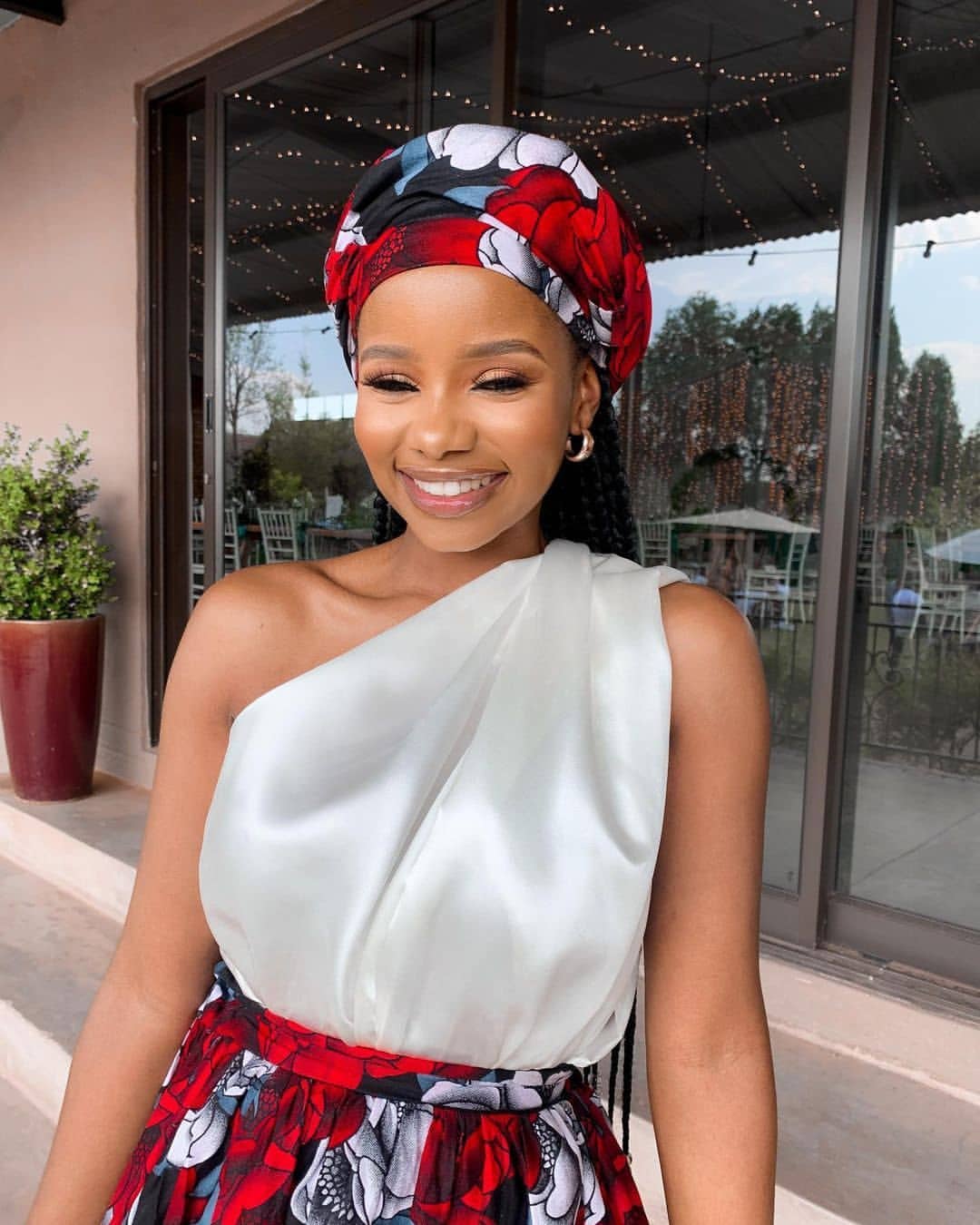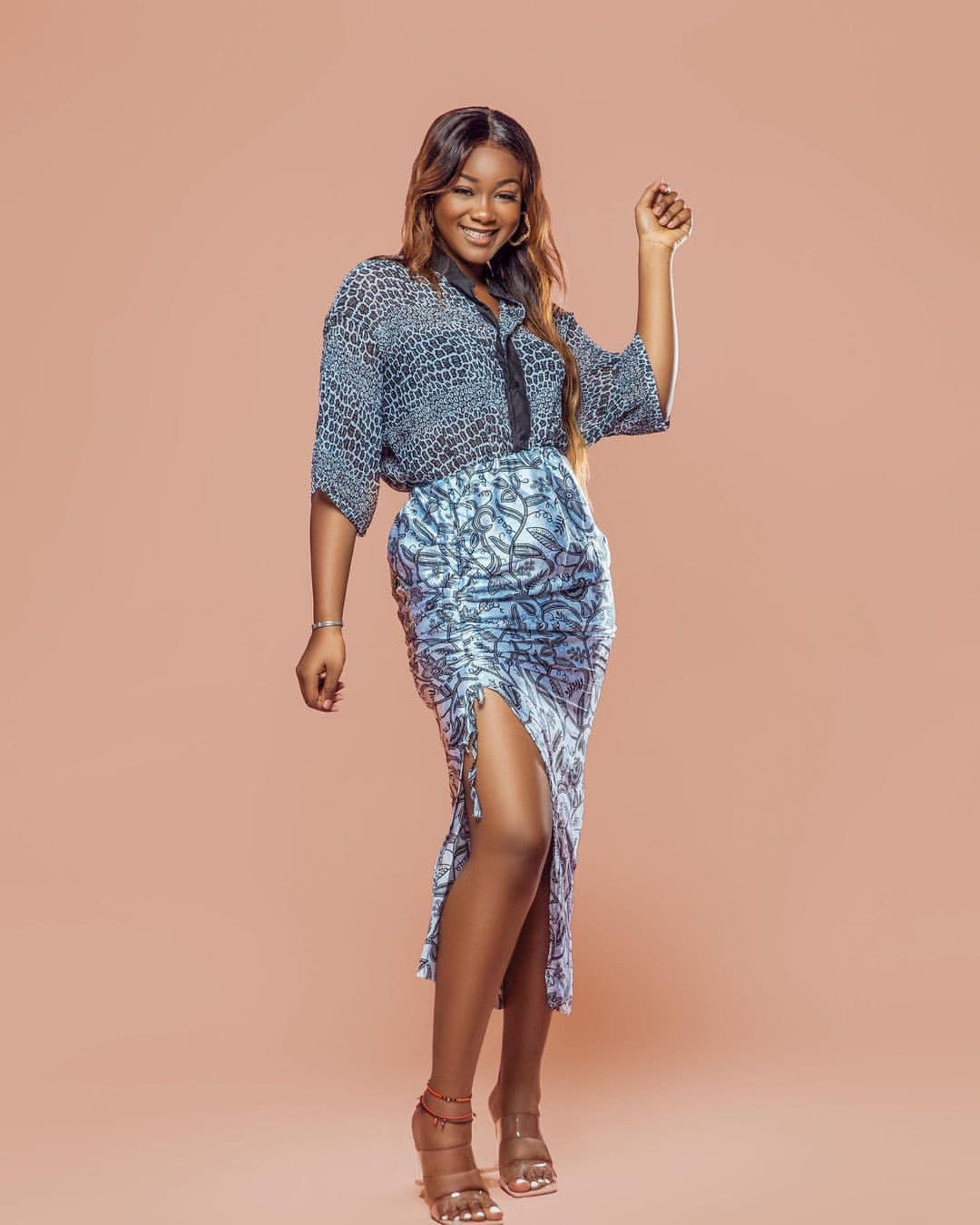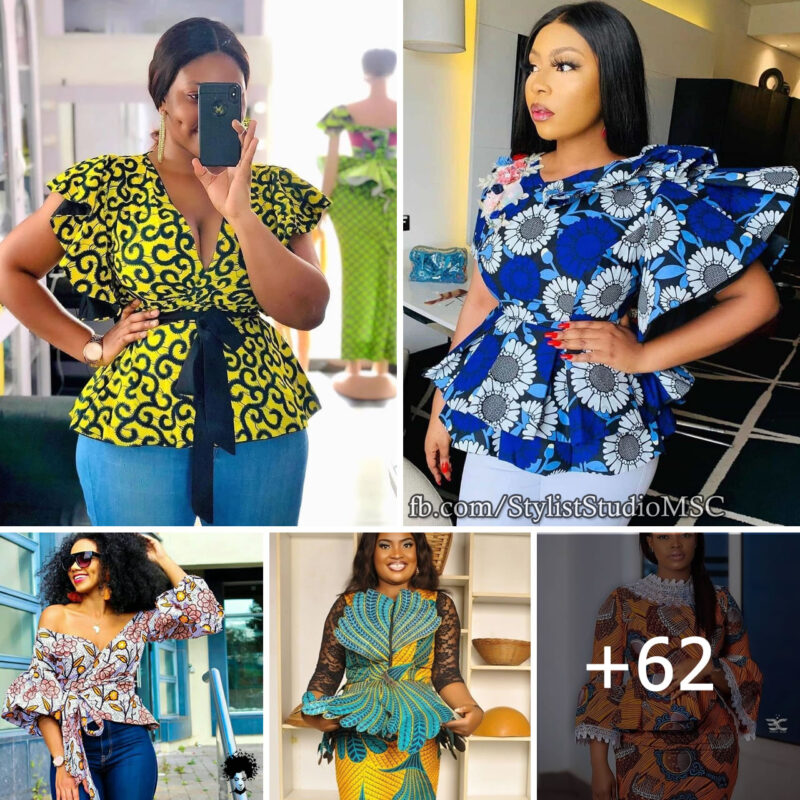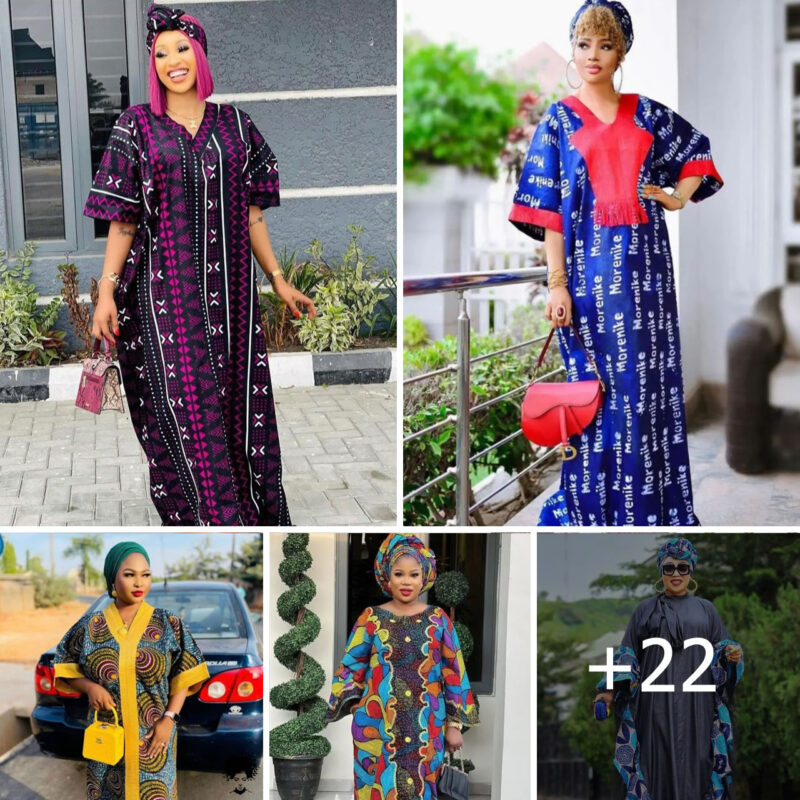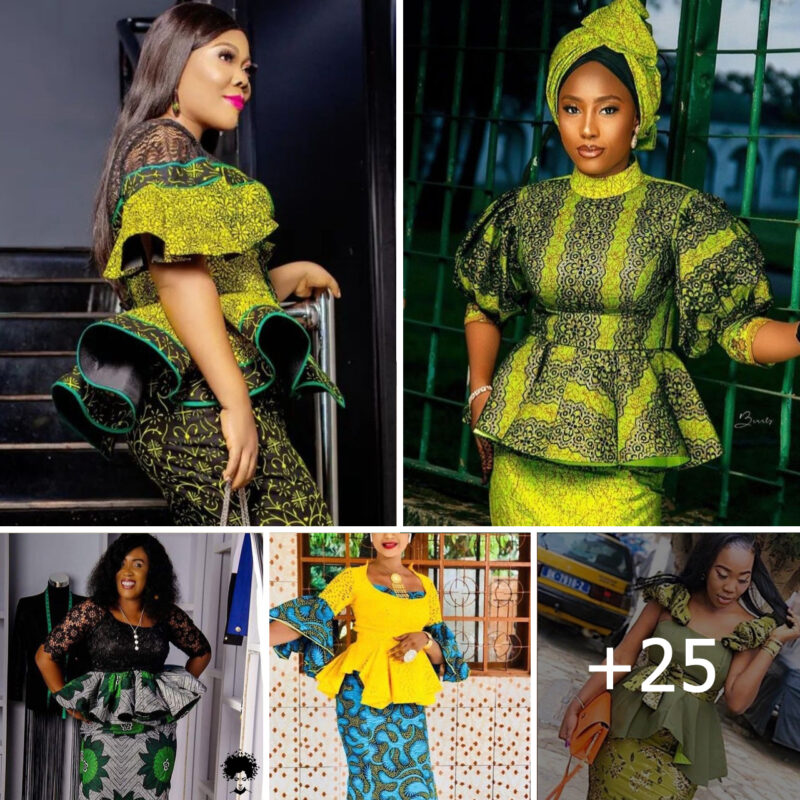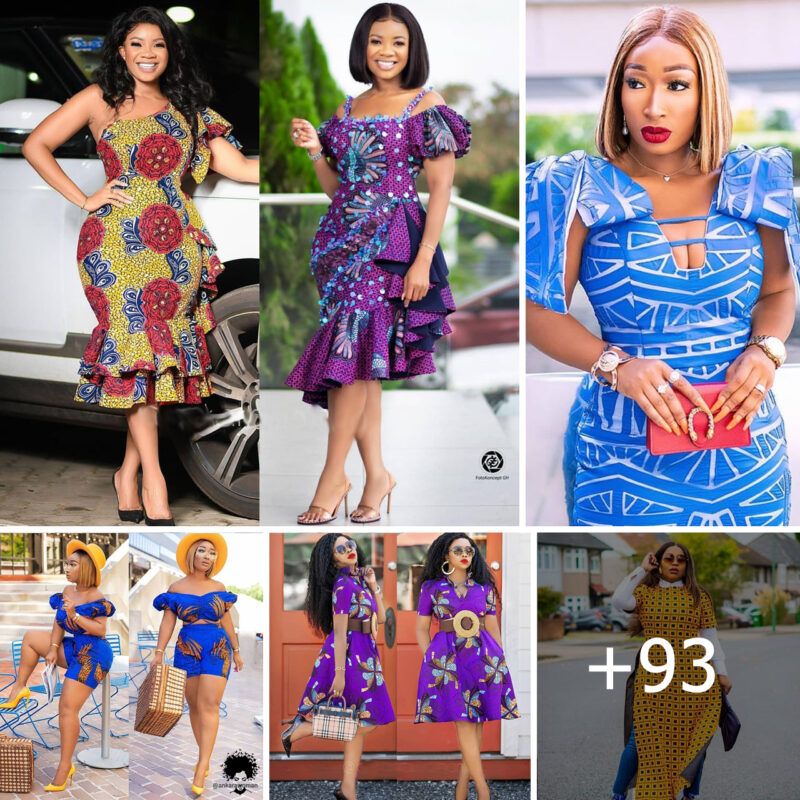62 African Dress Styles That Are Still Trending

Africa, a vast continent rich in culture and history, has always been a significant influencer in the global fashion scene. Its diverse traditions have given rise to a multitude of dress styles that reflect its vibrant heritage. While some of these styles have ancient origins, they remain relevant and have been modernized to suit today’s fashion-forward individual. Let’s explore some of these timeless and trending African dress styles:
- Ankara Dresses:
Ankara, often known as “African print,” is a 100% cotton fabric with vibrant patterns. The dresses made from Ankara are versatile, ranging from simple A-line dresses to more elaborate designs with ruffles, cut-outs, and asymmetrical hemlines. - Kaftans and Bubus:
Originally from the North African regions, the kaftan (or caftan) and bubu are flowy, long gowns that are both elegant and comfortable. Modern interpretations include slits, embroidery, and beading. - Kente Cloth Dresses:
Originating from the Ashanti people of Ghana, Kente cloth is handwoven and colorful. Dresses made from Kente are often reserved for special occasions due to the cloth’s royal origins. - Kitenge/Chitenge Dresses:
Similar to Ankara, the Kitenge (or Chitenge) is used across East and Central Africa. The fabric’s designs often carry specific meanings and are used to craft both formal and casual dresses. - Dashikis:
The dashiki, a vibrant-colored shirt or tunic, has its roots in West Africa. Today, full-length dashiki dresses are popular, combining the traditional pattern with contemporary silhouettes. - Beaded Dresses:
Beadwork, especially among the Maasai of Kenya, is integral to African fashion. Modern African dresses adorned with intricate beadwork are statements of both heritage and style. - Xhosa Umbhaco:
From South Africa’s Xhosa people, the Umbhaco is a traditional attire often made of black and white fabric, accentuated with brightly colored beads and decorative accessories. - Mud Cloth (Bògòlanfini) Dresses:
Originating from the Malian people, mud cloth dresses have unique patterns created using fermented mud. Their earthy tones and symbolic patterns are increasingly being incorporated into modern dress designs. - Lace Gowns:
Lace has become a favored fabric for many African celebrations, especially weddings. These gowns, often combined with other fabrics like Ankara or Adire, create a sophisticated look. - Wrap Dresses:
Inspired by the simplicity of traditional African attire, wrap dresses made from African fabrics offer a blend of comfort and style. They’re flattering for all body types and offer versatility in styling.
In Conclusion:
African dress styles, with their roots deep in tradition, have evolved to mirror modern aesthetics while preserving their unique cultural significance. Their continued prominence in the fashion world is a testament to their timeless beauty and the rich tapestry of African culture. Whether you’re dressing for a special occasion or making a fashion statement, these styles remain a vibrant and elegant choice.












